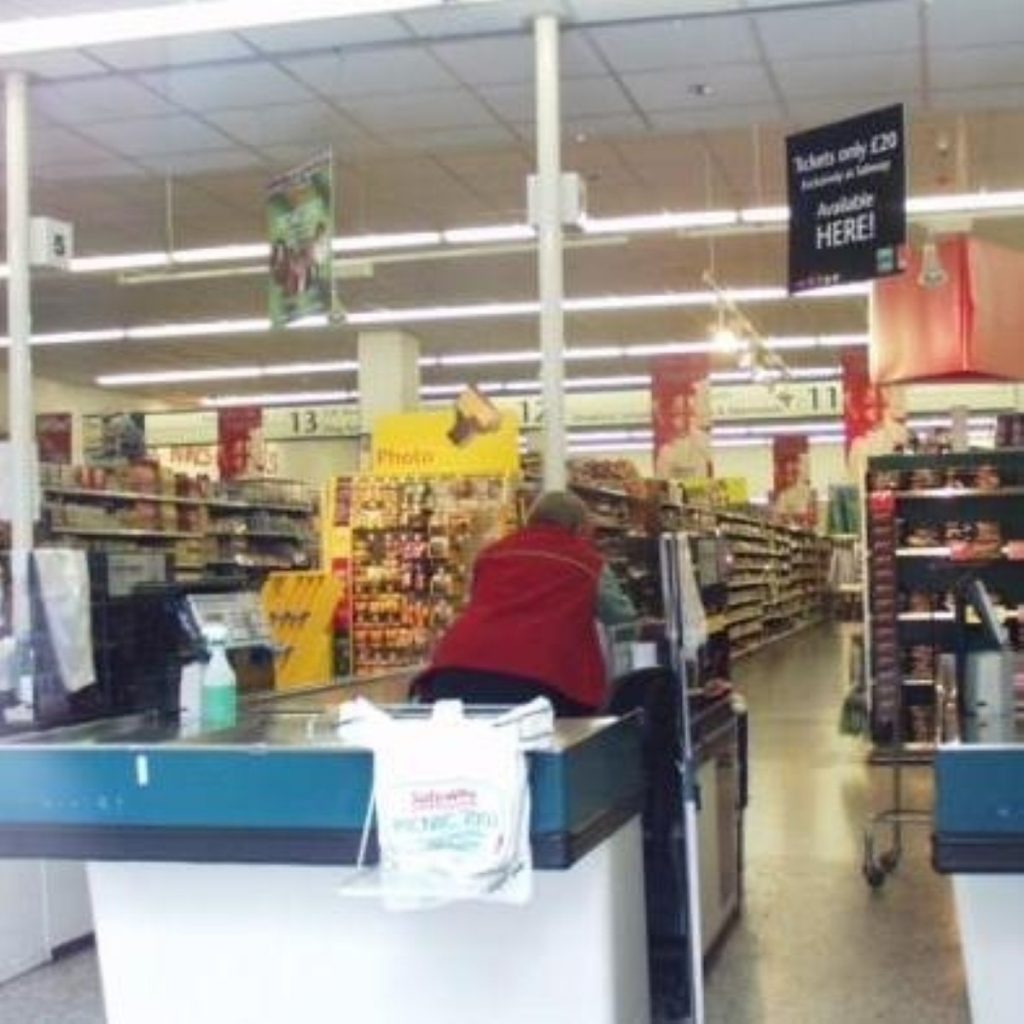Employed no better off than jobless
By Laura Miller
Low paid workers are often closer to the bread line than those who have lost their jobs due to the recession, a report published today has revealed.
In-work poverty – where a person lives in a household with an employed person but where the income is still 60 per cent less than that of the average household (the poverty line) – is a growing problem in the UK, and one that is set to get worse.
“One of the dangers [during recession] is that some firms and sectors will feel under pressure to retain or revert to low cost, low value, low skills business models”, warns the report for the Institute for Public Policy Research (IPPR).
Six in ten poor households have someone in work and a fifth of the UK workforce is low-paid, earning less than 60 per cent of an average wage.
Inadequate skills, poor productivity, unfairness and power imbalances in the workplace are factors keeping wages low and people trapped under the poverty line.
The report calls for the government to come up with plans to help those struggling to make ends meet while keeping their jobs.
“As well as dealing with the impacts of recession, government must also prepare for the recovery when it comes,” it read.
“Employers need to be supported to make the necessary investments and will need to see improvements in productivity and workplace performance before they can increase wages.”
Unemployment in the UK rose by 137,000 to 1.86m at the end of last year, the highest level for more than a decade, and predictions are it will top two million in the new year. With so many seeking work, employees could feel forced to accept lower wages.
The government has pledged to create 100,000 new jobs in 2009 by investing in a programme of public works, including in digital industries, which typically offer higher quality opportunities for skills training and pay.





-01.png)